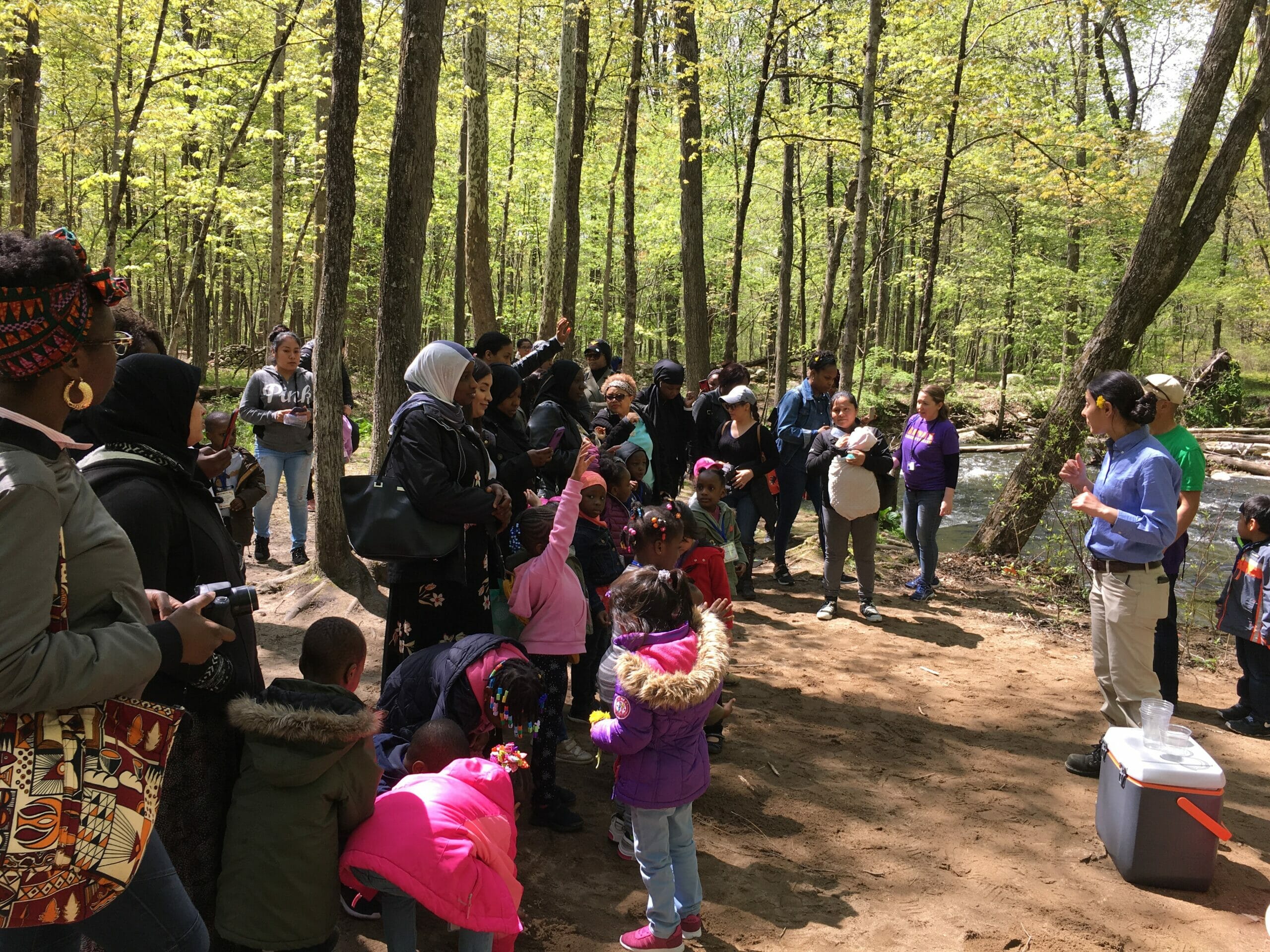After I graduated college, my older brother, John, introduced me to a friend who was a Jesuit priest. At the time, I was a somewhat aimless ice-cream factory worker and an assistant high school football coach. One night after dinner and drinks with my brothers and me, Father Donald asked me three questions.
“Chris, what do you want? What do you need? And what do you hope to get from these things?” My glib answers were a good book, a good beer, and a good buzz.
Father Donald should not have expected more by asking a wise-ass 23-year-old about the meaning of life.
These days, I have a friend, Jimmy, who I think of as a secular Father Donald. I’ve learned to take notes when he speaks. Trout Unlimited is beginning the work of developing our next five-year strategic plan, and last week, he and I were talking about it when he asked me two probing questions.
“You may think you know what TU does, but can you distill its value, and what would happen if TU went away? If you cannot answer those two questions, don’t bother developing a strategic plan.”
What is the value proposition of Trout Unlimited? And what would happen if we disappear? In my opinion, Trout Unlimited does four things:
- We make water cleaner.
- We make habitat healthier.
- We make fishing better.
- We build community and connect communities.
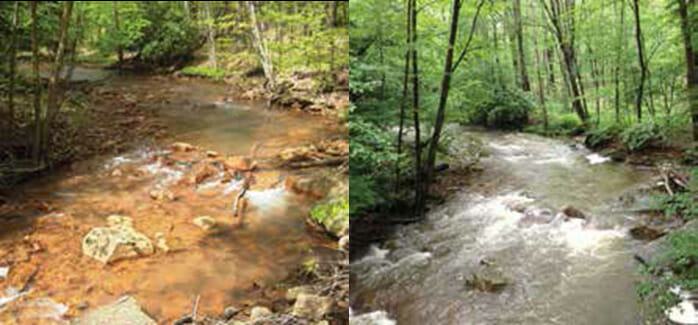
Clean water: What does that mean on the ground? Consider Kettle Creek in Pennsylvania. For a century, its dead waters ran yellow and orange from acid mine drainage. After nearly 20 years of work, and for the first time in many decades, more than six miles of Kettle Creek’s tributaries run clean and support spawning and rearing habitat for native brook trout—not to mention the benefits of reduced drinking water filtration costs for downstream communities.
Healthy habitat: In Wyoming on Spread Creek, an important tributary to the Snake River—perhaps the finest native trout fishery in the lower 48—TU helped to remove a 13 foot-tall, 125-foot-long irrigation dam, and reconnect more than 50 miles of spawning and rearing habitat for native cutthroat.
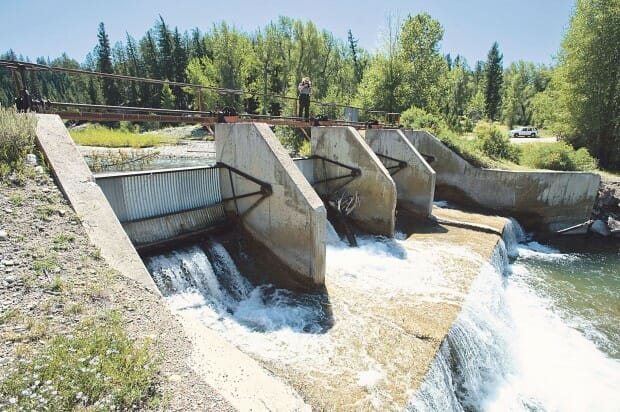
Better fishing: In the Driftless Area of the Midwest, TU and our many partners have helped to recover over 100 miles of wild trout water degraded by historic agricultural practices. What does that mean for anglers? These streams can see a ten-fold increase in wild trout production one-year after restoration.
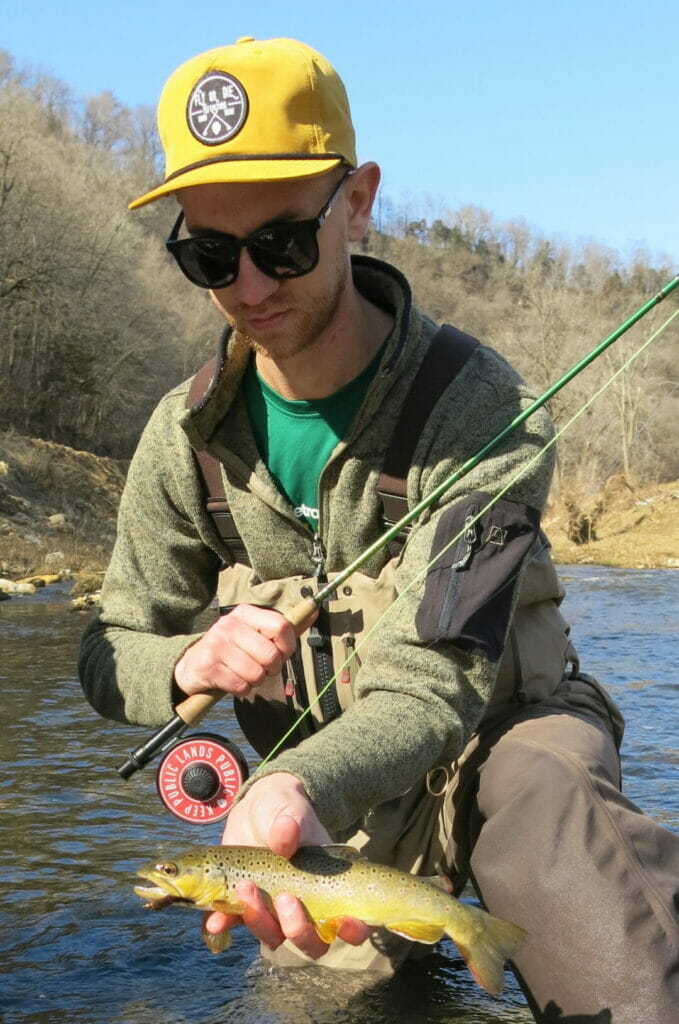
Building community: The social aspect of TU’s work is perhaps most essential. Consider Terry Edwards’ story. Terry deployed five times overseas for the Air Force, and upon his return found himself “closed off.” Before his last deployment, Terry told me how he would “put myself in a place just to get away. But the pressure would build, and I would just close myself off. I’d work out all day. Or, go outside and stay on my tractor all day.”
Fishing was one of his coping mechanisms, He fished alone for 30 straight days, until a bunch of other anglers on the river started helping him with casting tips and giving him flies. They were TU members. So, Terry became a member, and then a volunteer. Today, he is a chapter leader. As Terry says, “Fly-fishing and being part of the TU family can bring peace.”
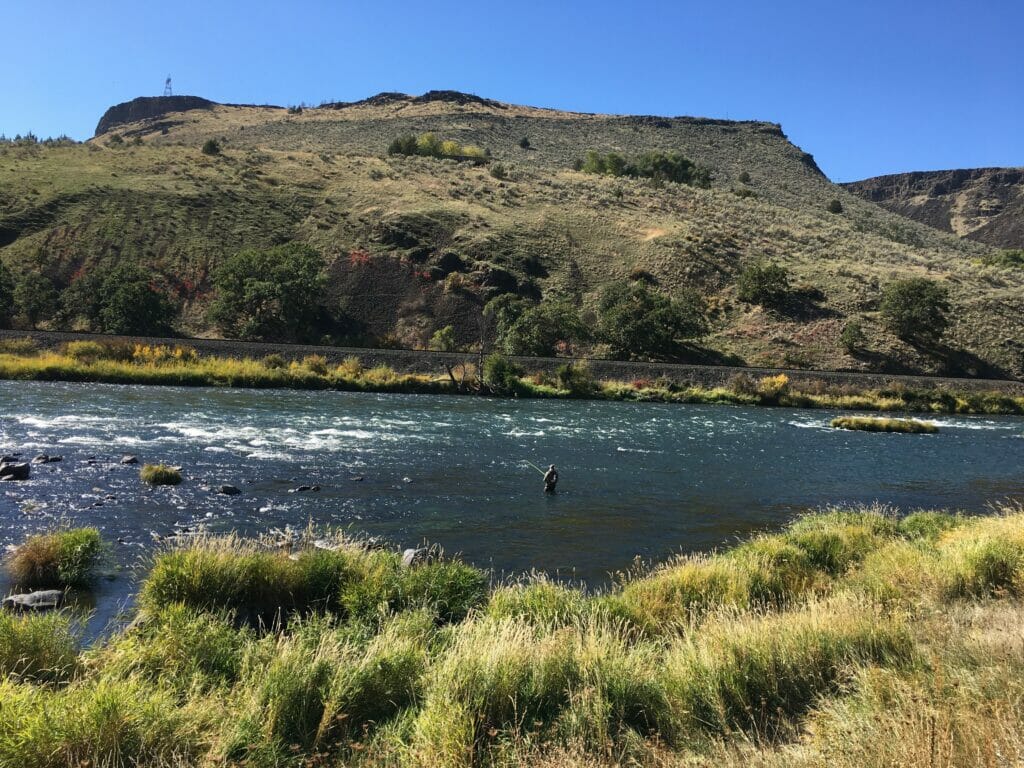
To Jimmy’s second question? If TU did not exist, our water would be dirtier, habitat less healthy, fishing worse, and communities less connected.
But that is just my view. The strength of TU is in its grassroots. So, I would like to hear from you. What is the value of Trout Unlimited to you, and what would happen if we cease to exist?



